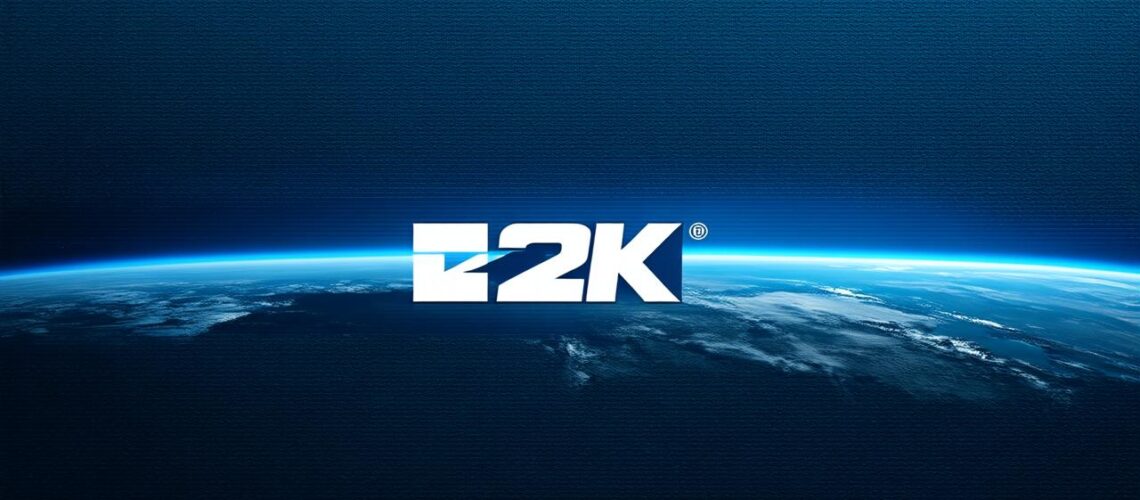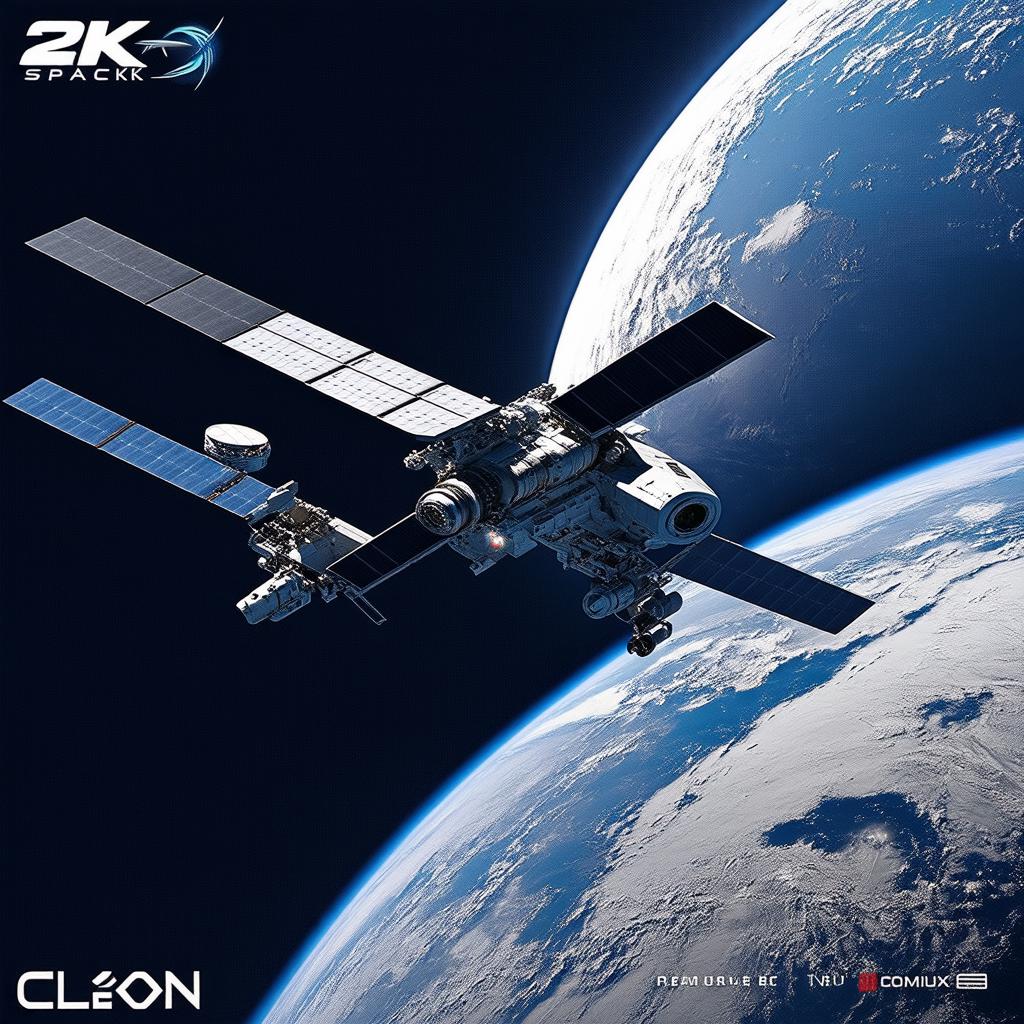Which internet company is owned by Elon Musk?

In today’s fast-paced digital world, owning and managing an internet company can be a daunting task. However, with the right strategy and approach, it can also lead to great success. One such successful entrepreneur is Elon Musk, who has recently ventured into the world of internet companies.
Introduction
In today’s fast-paced digital world, owning and managing an internet company can be a daunting task. However, with the right strategy and approach, it can also lead to great success. One such successful entrepreneur is Elon Musk, who has recently ventured into the world of internet companies.
Overview of Elon Musk’s Internet Company
Elon Musk’s latest venture into the digital world is with The Boring Company. This company was founded in 2016 with the goal of reducing traffic congestion in major cities by building tunnels for electric cars to travel through. Although not a typical internet company, it has already demonstrated its potential to revolutionize transportation and provide innovative solutions to common problems.
Operations of The Boring Company

The Boring Company’s operations involve designing, building, and maintaining tunnels for electric cars to travel through. These tunnels are called “tunnel boring machines” (TBMs) and are powered by electricity, allowing them to dig through soil and rock with minimal environmental impact. Once the tunnel is built, electric cars can travel through it at high speeds, avoiding traffic congestion on the surface roads.
Strengths of The Boring Company
One of the main strengths of The Boring Company is its innovative approach to transportation. By using TBMs to create underground highways, they are able to bypass traffic congestion on the surface roads, which can lead to significant time savings for commuters and reduce air pollution caused by idling cars. Additionally, the use of electricity to power the TBMs is environmentally friendly and helps to reduce carbon emissions.
Challenges of The Boring Company
One of the main challenges faced by The Boring Company is the high cost of building and maintaining TBMs. These machines are complex and require specialized skills to operate, which can drive up labor costs. Additionally, the company must secure significant funding to build and maintain the underground highways, which can be difficult to obtain from investors and lenders.
Challenges of The Boring Company
Another challenge faced by The Boring Company is the need for regulatory approval to build and operate tunnels. Each city has its own set of regulations and zoning laws that must be followed, which can make it difficult to secure the necessary permits to build a tunnel.
Conclusion
In conclusion, Elon Musk’s The Boring Company is a promising new venture that has the potential to revolutionize transportation and provide innovative solutions to common problems. Although not a typical internet company, its focus on using technology to solve real-world problems aligns with Musk’s overall mission to make life easier and more sustainable for people around the world. The Boring Company’s operations involve designing, building, and maintaining tunnels for electric cars to travel through, which have the potential to create new revenue streams for cities and bypass traffic congestion on the surface roads. However, the company must overcome challenges such as high labor costs and regulatory hurdles in order to succeed.
Conclusion
In conclusion, Elon Musk’s The Boring Company is a promising new venture that has the potential to revolutionize transportation and provide innovative solutions to common problems. Although not a typical internet company, its focus on using technology to solve real-world problems aligns with Musk’s overall mission to make life easier and more sustainable for people around the world. The Boring Company’s operations involve designing, building, and maintaining tunnels for electric cars to travel through, which have the potential to create new revenue streams for cities and bypass traffic congestion on the surface roads. However, the company must overcome challenges such as high labor costs and regulatory hurdles in order to succeed.